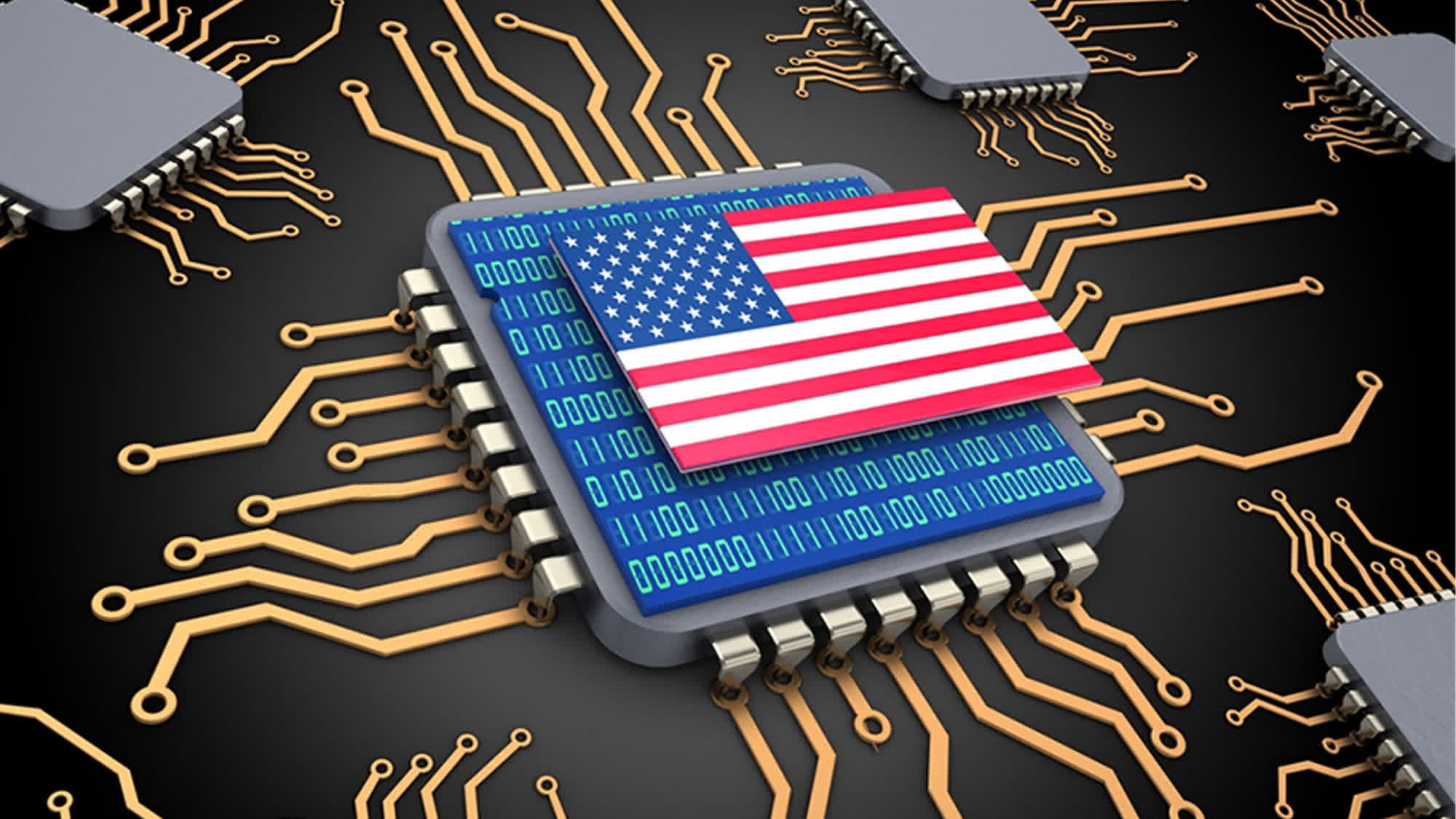Subsidized capitalism 101: Microchip Technology is a US corporation that manufactures microcontrollers, memory devices, and other integrated circuits. Headquartered in Chandler, Arizona, Microchip will likely be one of the many companies chosen by the US government to receive federal funding from the CHIPS Act program.
The US Department of Commerce recently announced a preliminary agreement to provide Microchip Technology with $162 million of federal incentives under the CHIPS and Science Act. The company will use the funds to further support its semiconductor supply chain, decreasing its reliance on foreign chip foundries and strengthening its resilience.
The proposed funding would be split across two projects, the DoC said, with approximately $90 million going to "modernize and expand" Microchip's plant in Colorado Springs, Colorado. The remaining money ($72 million) would be used to expand a plant in Gresham, Oregon. The two expansion projects are expected to create 700 new construction and manufacturing jobs, and are estimated to "nearly triple" Microchip's semiconductor output at the aforementioned sites.
According to Secretary of Commerce Gina Raimondo, the investment is a meaningful step in the government efforts to bolster the US supply chain for "legacy semiconductors." Chips manufactured on mature nodes are everywhere, Raimondo said, powering cars, washing machines, and even missiles.

Microchip CEO Ganesh Moorthy remarked how his company manufactures semiconductors that are the "backbone" of electronic applications in various industries, including aerospace and defense, automotive, and medical. The fabs in Oregon and Colorado perform "specialized manufacturing" as well as additional reliability and safety qualification for products designed for mission-critical markets.
Microchip is also working with NASA to build the High Performance Spaceflight Computing (HPSC) project, which will eventually replace the old RAD750 PowerPC microprocessor for manned and unmanned space missions. The RISC-V based system is expected to provide a 100x increase in computing power within the same energy consumption constraints.
The US government and Microchip have reached a non-binding preliminary memorandum of terms (PMT), which will now be reviewed through a "comprehensive" due diligence process. The US DoC has so far received more than 570 statements of interest and more than 170 requests for funding within the CHIPS Act program, and is expected to announce additional PMT agreements throughout 2024.
According to Under Secretary of Commerce for Standards and Technology and NIST Director Laurie Locascio, the US CHIPS Act is a virtuous example of how government and industry can work together to strengthen the country's economy, improve national security, and increase the supply of high-quality jobs for American workers.
